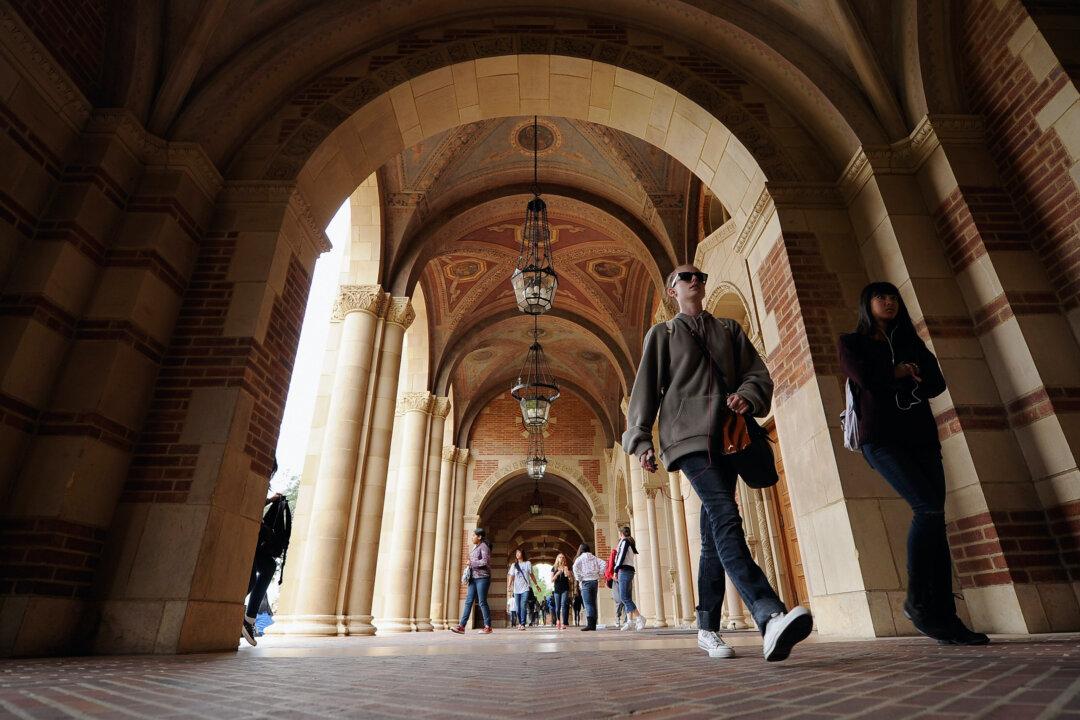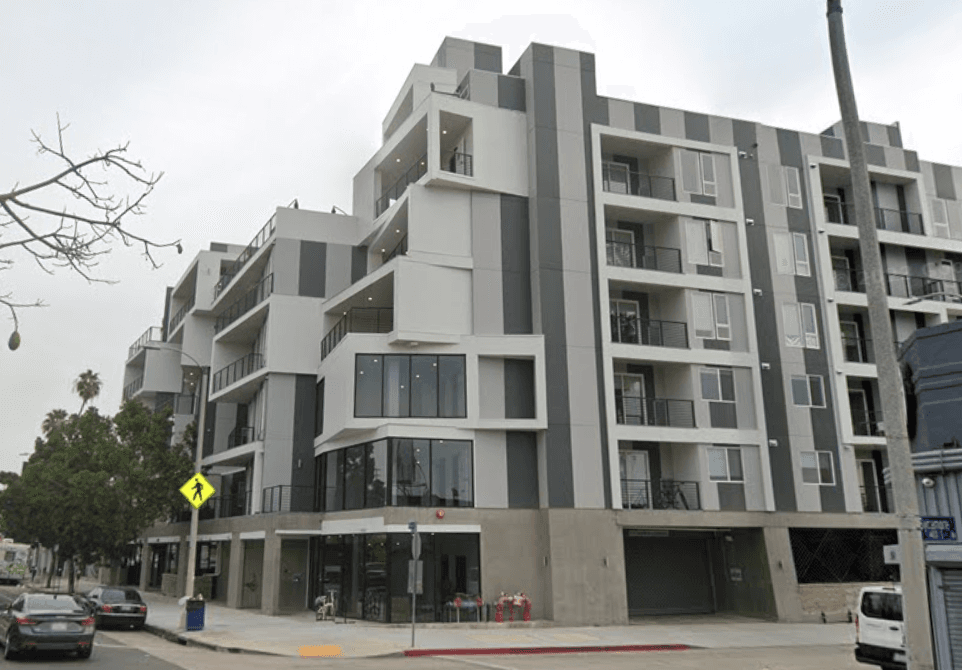Commentary
California is a one-party state wherein Democrats implement their dream progressive policies virtually unchecked. But the people of California are not on board with many such policies. When they are asked to vote directly on issues in ballot initiatives, they often vote more conservatively. They have done so in recent years on issues such as gay marriage, rent control, cash bail, taxes, independent contractors, and English only in schools. They also have twice voted to ban the use of affirmative action in state hiring or school admissions.





